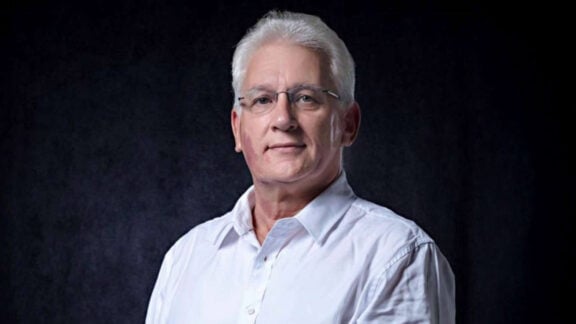In an effort to prevent elder abuse, a new education campaign is urging older Australians from diverse cultural backgrounds to organise their wills, enduring powers of attorney, and other legal documents.
Launched on World Elder Abuse Awareness Day, the Have You Thought About Later Life? campaign is part of the Australian Human Rights Commission’s initiative to provide educational resources for preventing elder abuse.
Unfortunately, many older individuals lack these essential documents, leading to confusion, conflicts, and potential elder abuse within families and communities.
For culturally and linguistically diverse older Australians, the campaign addresses additional barriers to later life planning, such as limited awareness and confusion stemming from different approaches in their home countries.
Elder abuse encompasses various forms, such as neglect, financial exploitation, physical violence, sexual abuse, and psychological abuse, and affects one in six older Australians, as revealed by the National Elder Abuse Prevalence Study. However, only one-third of victims seek help.
Legal documents, including wills, enduring powers of attorney, and advance care directives, play a crucial role in safeguarding older people’s rights and ensuring their choices are respected if their health or ability to communicate is compromised.
The campaign provides educational resources in English, Greek Mandarin, Arabic, Vietnamese, and Italian. Community-specific media and influencers are promoting the campaign within their respective communities.
Age Discrimination Commissioner, the Hon Dr. Kay Patterson AO, highlighted the significance of ensuring that older people understand their rights and that appointed decision-makers act in their best interests, not the interests of others. The campaign encourages older individuals to seek advice from trusted individuals or professionals to plan ahead and enjoy their lives with the knowledge that their future is secure.
“Future planning empowers older people to have choice and control over their senior years and reduce the risk of elder abuse. By formalising their wishes in documents such as wills, enduring powers of attorney and advance care directives, older Australians can have peace of mind about the future and help their loved ones understand their wishes and how best to support them. However, it is vital that older people understand their rights, and that those they appoint as decision-makers understand their responsibilities to act in the older person’s best interests. These documents should always reflect their wishes and not the wishes of those around them,” Dr Patterson said.
“Through this campaign, we’re encouraging older people to speak to someone they trust or seek professional advice to plan ahead and get on with enjoying their lives by knowing their future is more secure,” she concluded.
The campaign will run for the next four weeks, with the Australian Human Rights Commission and community media partners actively promoting its resources.
To find out more visit: www.humanrights.gov.au/planning-ahead
For confidential information, support, and referrals related to elder abuse, individuals can contact the National Elder Abuse phone line at 1800 ELDERHelp (1800 353 374).







